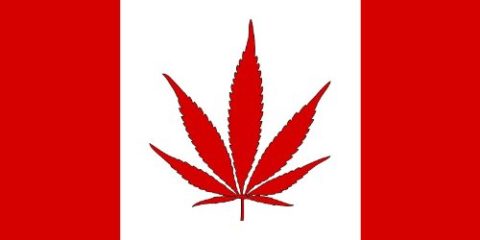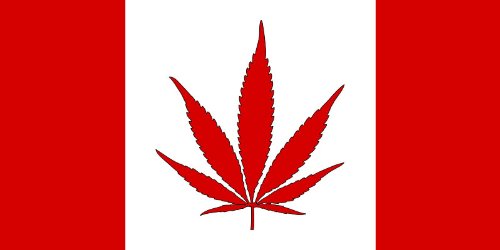Steve Lafleur points out that the temporary surplus of cannabis stores will inevitably self-correct, as most retail situations tend to do on their own without needing the “helpful” hand of government to intervene:
Lately there has been a moral panic brewing in Toronto about the number of marijuana stores in Toronto. Take this New York Times article, for example, which captures the mood with the quotes from various Torontonians. Or this BlogTO piece. And here is a link to a story about two city councilors (including my own) pushing for a moratorium on new pot shops.
At least on its face, the panic hasn’t been about the availability of cannabis products or any kind of (unsupported) claims about pot shops attracting crime. Rather, the concern is that there is simply an unsustainable number of shops that may be cannibalizing other retail opportunities. So a scrappy band of politicians is coming together to save main street from the excesses of the free market.
What could possibly go wrong?
The boom in pot shops is real. Legal marijuana retailing is a new phenomenon, and there has been a gold rush in the sector. This was first evident in financial markets during the 2018-19 weed stock boom (which went bust) as investors sought to capitalize on the rollout of legal marijuana sales in Canada. There are now nearly 2,000 pot shops in Ontario, and it’s not hard to find two on the same block. People aren’t wrong to point out that there has been a rapid buildout of marijuana retailers. Hence the push by City Council and now the Ontario Liberal Party, to restrict clustering of pot shops.
To be sure, new trends can push out old trends. And this can be frustrating. For instance, one insidious trend recently replaced two of my two favourite hole-in-the-wall restaurants: poke bowls. The trendy Hawaiian rice bowls have taken cities by storm. Businesses, understandably, want to capitalize on the trend. If people want it, businesses will sell it.
Trends can create dislocations. No one knows in advance how many poke restaurants — or pot shops — the market will bear, where they should locate, or what their operating hours should be. But through a process of trial and error, retailers and consumers will figure this out. And if it is just a flash in the pan trend, many will fail.
But that’s okay. That’s just the creative destruction of the market at work. It’s not always pretty, but it’s how we get new products and services. It’s a process. Sometimes the market rewards annoying things. But trying any effort to plan these things in a way that avoids over-saturation of short-lived trendy businesses would be rife with unintended consequences.







